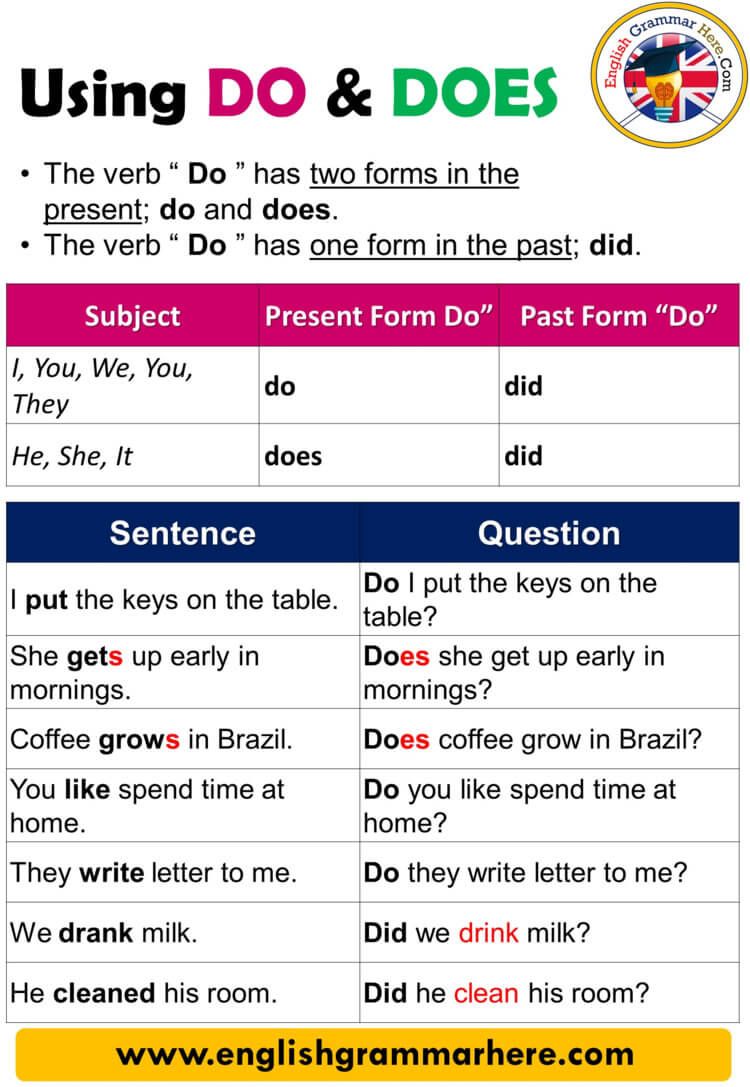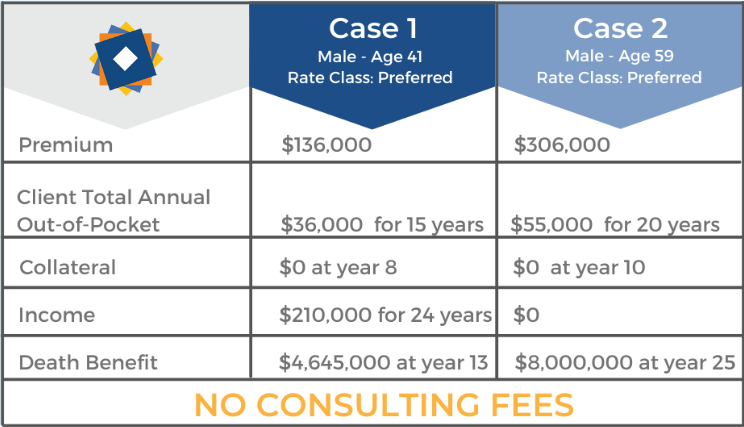Essential Questions to Ask Special Education Teachers: Strategies, Insights & Practical Guidance
Introduction: The Importance of Asking the Right Questions
Engaging with special education teachers -whether as a parent, administrator, or prospective colleague-requires a thoughtful approach. Each student’s needs are unique, and effective support hinges on clear communication, collaborative planning, and mutual understanding. Asking the right questions not only reveals a teacher’s expertise but also uncovers their approach to individualized instruction, classroom management, and teamwork. This guide explores key questions, provides practical explanations, and offers step-by-step strategies for productive dialogues, drawing on verified expert sources. [1] [2]
Understanding Experience and Motivation
Begin by exploring the teacher’s background and motivation for working in special education. These questions help gauge their passion, resilience, and commitment:
- What motivated you to pursue a career in special education? Teachers who demonstrate genuine enthusiasm and empathy are more likely to foster positive learning outcomes. Listen for personal stories and reflections that reveal their drive to make a difference. [3]
- Can you describe your educational background and relevant training? Ask about degrees, certifications, and ongoing professional development, which are essential for staying current with best practices and legal requirements. [5]
Implementation:
For parents or administrators, request copies of credentials or ask about recent workshops attended. For hiring managers, verify qualifications during the interview process.
Individualized Instruction and IEP Development
Special education teachers must excel at creating and executing Individualized Education Plans (IEPs) . Effective questions include:
- How do you develop and implement IEPs for your students? Listen for references to collaboration with families, specialists, and students themselves. Ask for examples of successful IEPs and how they were adjusted to meet evolving needs. [1]
- How do you differentiate instruction for students with varying abilities? Seek detailed explanations of teaching strategies, materials, and adjustments made for diverse learners. [2]
Practical Steps:
During meetings, review sample IEPs and ask for walk-throughs of how goals, accommodations, and progress monitoring are handled. For parents, request regular updates and opportunities to contribute to plan adjustments.
Example: A teacher may describe using visual schedules, adaptive technology, and peer supports to help a student with autism thrive in a mainstream classroom. [3]

Source: schabell.org
Classroom Management and Behavioral Support
Managing classroom behavior is critical. Key questions include:
- What behavior management strategies do you use? Effective teachers employ proactive and positive approaches, such as token systems, social stories, and mindfulness exercises. [5]
- Can you share an example of a challenging situation and how you resolved it? Request specific examples-how they de-escalated a tantrum, used restorative practices, or collaborated with behavior specialists. [1]
Step-by-Step Guidance:
Ask teachers to outline their process for documenting incidents, communicating with families, and adjusting interventions. Parents can request behavior logs and regular communication about strategies used at home and school.
Collaboration and Teamwork
Successful special education requires teamwork among teachers, therapists, administrators, and families. Ask:
- How do you collaborate with general education teachers and other professionals? Probe for examples of co-planning, joint assessments, and shared professional development. [1]
- Describe your approach to involving parents and guardians in the educational process. Effective teachers value family input and maintain regular, meaningful communication. [2]
Implementation:
Schools may facilitate regular IEP meetings, family workshops, and open communication channels. Parents should be encouraged to share insights and concerns, and teachers should be prepared to listen and adapt.

Source: corporateculturepros.com
Case Study: A multidisciplinary team may meet monthly to review student progress, set new goals, and coordinate supports across home and school environments.
Adaptability, Technology, and Inclusion
Inclusive education is an evolving field. Important questions include:
- How do you incorporate assistive technology into your teaching? Ask for demonstrations of devices, apps, or software that support students’ unique needs. [1]
- How do you ensure accessibility and inclusion for all students? Listen for descriptions of classroom modifications, universal design principles, and fostering peer relationships. [3]
Actionable Steps:
Administrators can provide professional development on technology and inclusion. Parents may ask for trial periods with new devices or request classroom observations to see inclusion efforts in action.
Professional Development and Self-Improvement
Ask about ongoing learning and self-reflection:
- How do you stay current with best practices and legal requirements? Effective teachers attend conferences, join professional organizations, and engage in peer mentoring. [1]
- What areas do you feel you could improve, and how do you plan to do so? Look for honest reflections and concrete plans for growth. [4]
Practical Application:
Administrators may set annual professional growth goals. Teachers should document learning activities and share new strategies with colleagues.
Accessing Services, Resources, and Support
Parents and educators seeking additional support can take several steps:
- Contact your school’s special education coordinator or principal for information on available services.
- Request a meeting to discuss your child’s needs and explore eligibility for IEPs or 504 Plans.
- Search for official resources using terms like “special education services” and your state’s Department of Education.
- Consult with advocacy organizations such as the Council for Exceptional Children or the National Center for Learning Disabilities for guidance and webinars. Always verify any website before sharing personal information.
- If you need legal or procedural information, visit your state’s official Department of Education website or the U.S. Department of Education. Search for “IDEA special education parent resources” to locate official guides.
Note:
For verified, current legal guidance or support programs, always use official agency websites and phone numbers. Avoid sharing information through unverified portals.
Summary: Key Takeaways and Next Steps
By asking targeted, thoughtful questions, you gain a deeper understanding of a special education teacher’s philosophy, expertise, and effectiveness. These conversations help build trust, clarify expectations, and ensure that every student receives the support they deserve. Whether you’re hiring, collaborating, or advocating, combine these questions with regular follow-ups and documented action plans for best results.
References
- [1] FinalRoundAI (2025). The 25 Most Common Special Education Teachers Interview Questions.
- [2] Workable (2024). Special Education Teacher Interview Questions [+Answers].
- [3] University of the Cumberlands (2022). 13 Questions to Ask in Special Education Interview.
- [4] TestGorilla (2024). 30 Special Education Interview Questions (and Answers).
- [5] Huntr (2024). 50 Interview Questions For Special Education Teachers.



